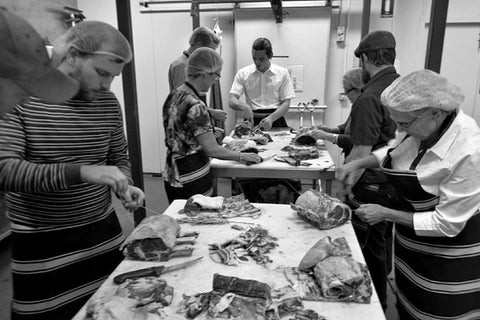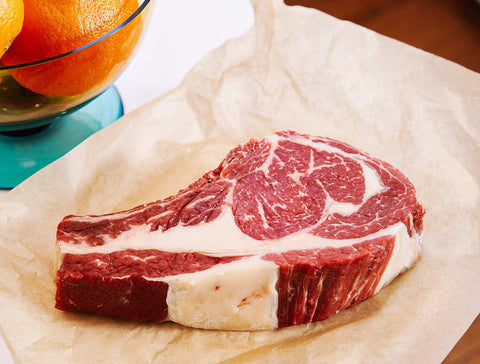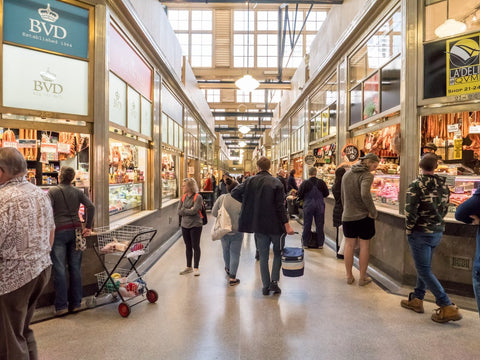Here at Hagens we take our organics very seriously. We believe you are what you eat, and eating organic is better for your health and wellbeing, as well as the environment.
We are committed to sourcing organic meat from certified farmers that care about their product, as well as the earth it is raised on.
We also look to source biodynamic meat where possible. The term ‘biodynamic’ gets thrown around a lot these days, but certified biodynamic products are always a cut above, especially with meat.
But what makes something biodynamic? Some people think of biodynamics as a being a bit hippy, but it is really just hyper-organics.
Biodynamic farming, much in the same way as organic farming, eschews the use of any artificial chemicals, such as fertilisers or insecticides. It also focuses on managing the farm in a holistic manner, ensuring the soil is healthy and fertile. By ensuring the soil is healthy and fertile, the feed and animals that it supports will be healthy and sustained also.
This method of farming was developed by Rudolph Steiner, in the 1920s in Austria, in an effort to help increase the quality and quantity of farmer’s produce.
Biodynamics also takes into account spiritual, and sometimes controversial mythical elements. One of the most common biodynamic ‘preparations’ is known as preparation 500. This preparation is a fertiliser that increases hummus and microbial activity, creating healthy and fertile soils.
In order to make preparation 500, cow dung is stuffed inside of a bull’s horn and buried in the soil over winter. The horns are then dug up in the spring, and the now fermented cows dung is tipped out.

This fermented dung must be mixed with water, in a drum, with a wooden mixer until a clockwise vortex forms to the bottom of the drum. Once the vortex forms you must then mix counter clockwise until another vortex forms. This must be repeated for a LONG time to mix the preparation!
The reason for the cows horns, and the alternating vortexes, is to infuse the preparation with the ‘power of crescents’, which are said to occur frequently in nature. Some farmers see this mythical element as highly important for biodynamics, whilst some others follow the process, but just see it as a bloody good way of mixing the fertiliser!
What does all this mean for biodynamic beef? It is proven that organic meat is healthier and free of harmful chemicals, and biodynamics takes this to the next level. You can be sure that any certified biodynamic product has been produced with the utmost care, and respect to mother nature. Biodynamic products are often more expensive, but this is due to the time and care farmers put in to their products. We love biodynamics here at Hagens because we know that our producers respect their product, and the earth, and it ALWAYS tastes better!







